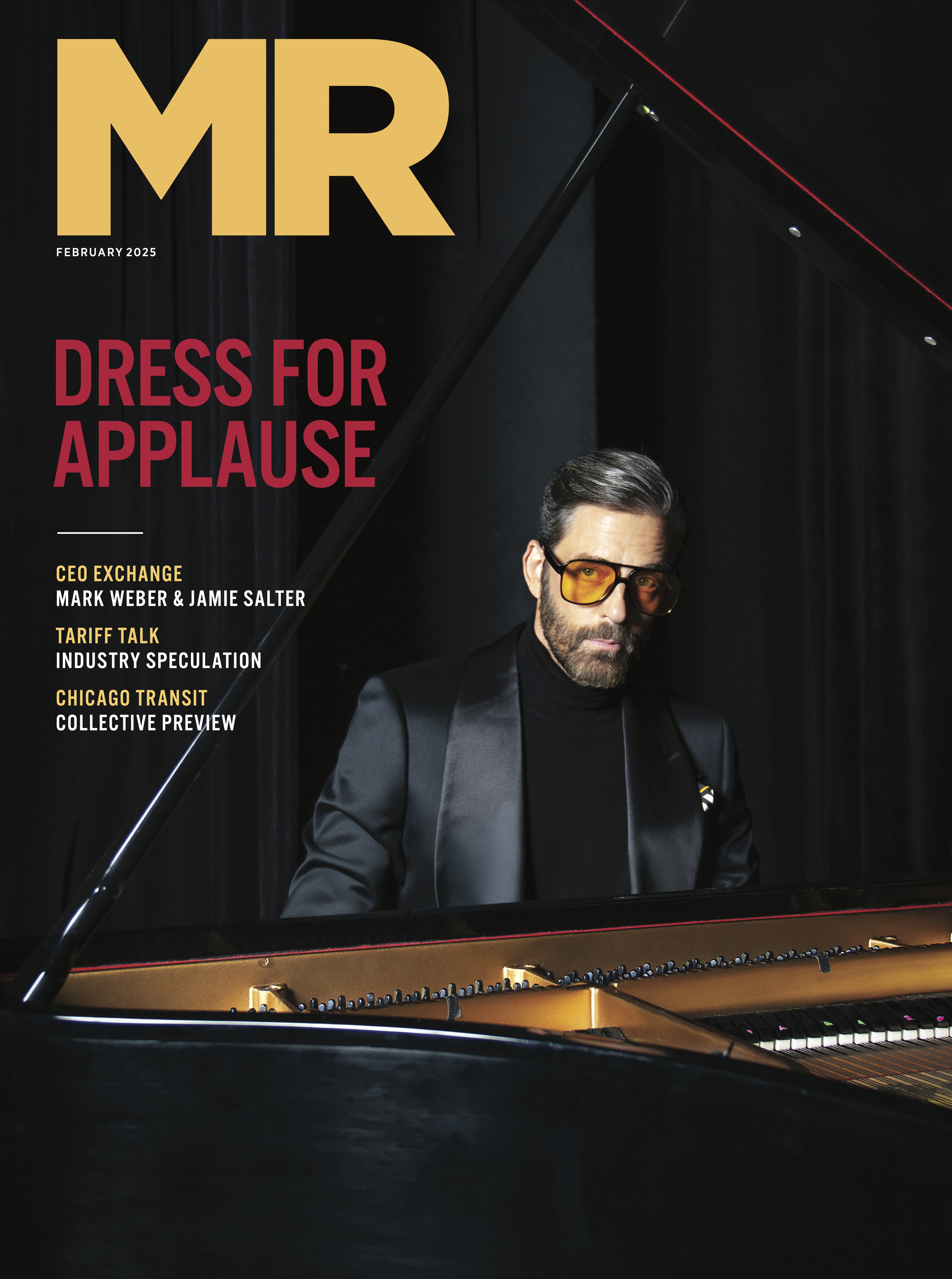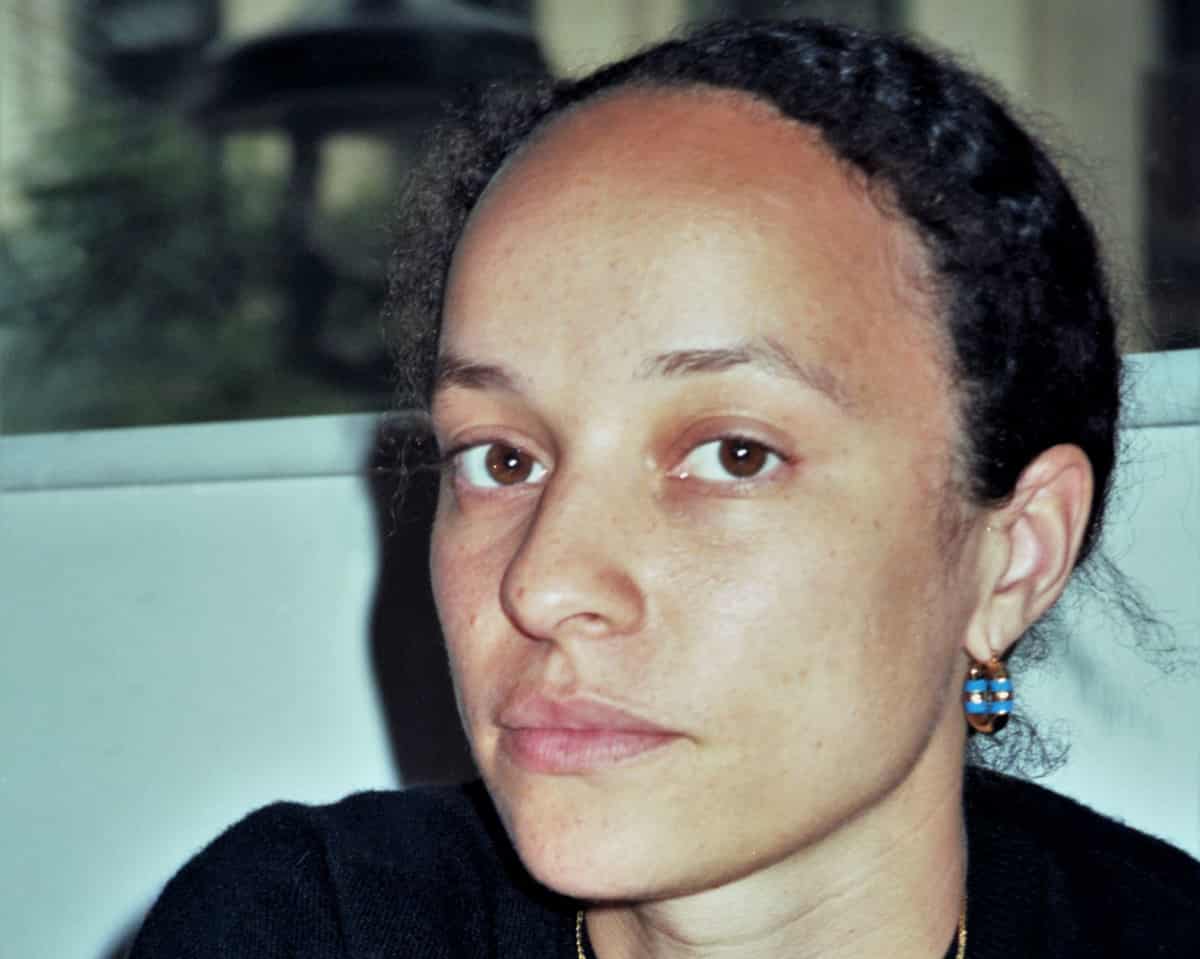MoMA ANNOUNCES ARTIST’S CHOICE: AN EXHIBITION OF WORKS SELECTED BY DESIGNER GRACE WALES BONNER

The Museum of Modern Art announces Artist’s Choice: Grace Wales Bonner—Spirit Movers, an exhibition of approximately 50 works from MoMA’s collection selected by Grace Wales Bonner, the acclaimed London-based designer of her eponymous fashion label. On view in the Museum’s street-level galleries from November 18, 2023, through April 7, 2024, the 16th installment of MoMA’s celebrated Artist’s Choice series will gather artworks with a particular focus on Black cultural and aesthetic practices inspired by the styles, experiences, forms, and sounds of the African diaspora. The works selected embody the idea of “Spirit Movers,” which, according to Wales Bonner, evoke multiple histories, inspire contemplation, and conjure new connections between people and places. Artists from around the world and across generations, including Terry Adkins, Moustapha Dimé, Agnes Martin, Man Ray, Betye Saar, and David Hammons, will be featured. The exhibition is organized by Wales Bonner with Michelle Kuo, the Marlene Hess Curator, and Dana Liljegren, Curatorial Assistant, Department of Painting and Sculpture.
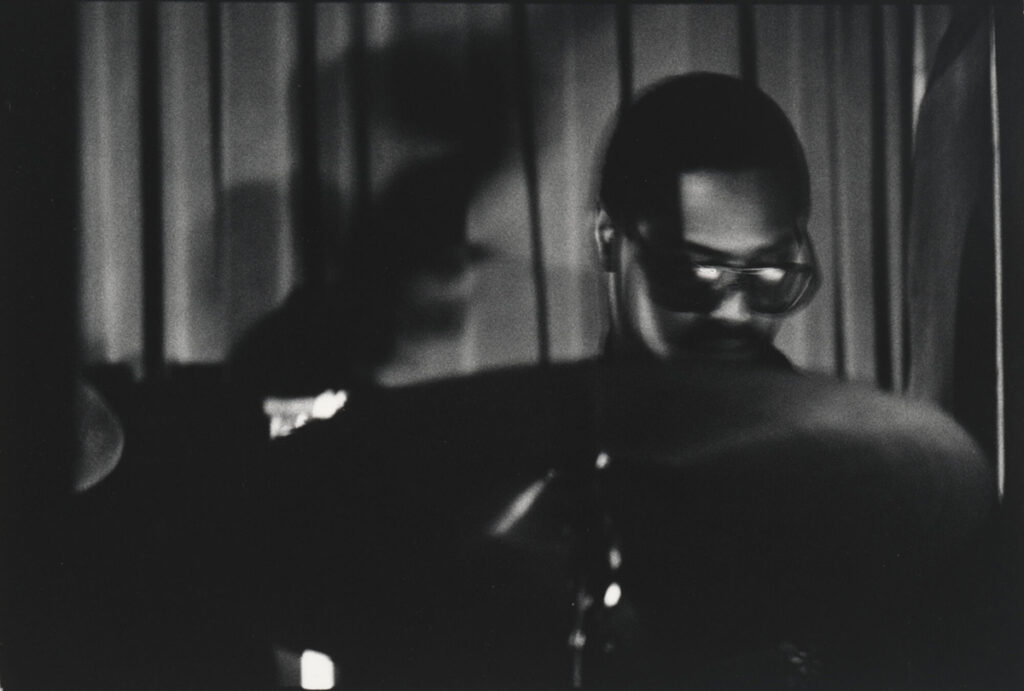
Wales Bonner has chosen the works that will appear in the exhibition after years of research in MoMA’s wide-ranging collection, selecting artworks that touch on themes of musicality, storytelling, and the intersection of cultural narratives. Terry Adkins’s Last Trumpet (1995), a key work in the exhibition, is a sculptural composite of varying wind instruments, highlighting sound, performance, and elegy. David Hammons’s Afro Asian Eclipse (or Black China) (1978), which will be on view for the first time at MoMA, combines a makeshift scroll with geometric patterns formed from tufts of hair that the artist collected from barbershop floors. The work references the Duke Ellington album The Afro-Eurasian Eclipse (1971) and emphasizes intersections between Afro-Atlantic and Afro-Pacific cultures. Moustapha Dimé’s Lady with a Long Neck (1992) is a monumental wood carving that incorporates organic, industrial, and reclaimed materials, each sourced from Dakar’s urban environment. The sculpture, simultaneously elegant and raw, connects artistic labor to forms of Sufi spirituality and Islamic practices—and speaks to Wales Bonner’s exploration of ritual and devotional customs. Together, these works are presented not as static objects or images, but as dynamic entities deeply connected to performance, music, bodies, and communion.
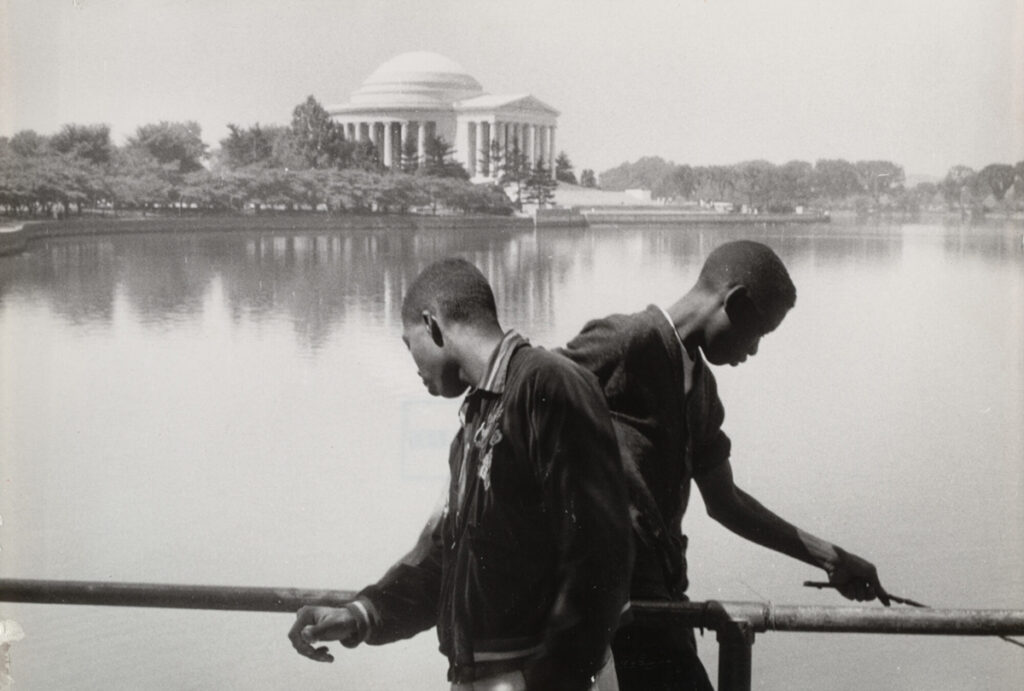
“It is an immense honor to engage with the artists and works in MoMA’s collection, and I wish to extend my deepest thanks to the museum for allowing me the space to create so freely,” said Wales Bonner. “I hope the exhibition and associated publication resound with the spirit of the contributing artists and continue to conjure new dreams and new visions.”
MoMA will also publish an artist’s book titled Grace Wales Bonner: Dream in the Rhythm—Visions of Sound and Spirit in the MoMA Collection, assembled by Wales Bonner as “an archive of soulful expression.” Through an extraordinary selection of nearly 80 works from the Museum’s collection and archives, this unique volume will draw multisensory connections between pictures and poems, music and performance, hearing and touch, gestures and vibrations, and bodies in motion. Photographs, scores, and performance documentation will be juxtaposed with signal texts by Black authors spanning the past century, including Amiri Baraka, Nikki Giovanni, Langston Hughes, June Jordan, Robin Coste Lewis, Ishmael Reed, Greg Tate, Jean Toomer, Quincy Troupe, and Lynette Yiadom-Boakye.
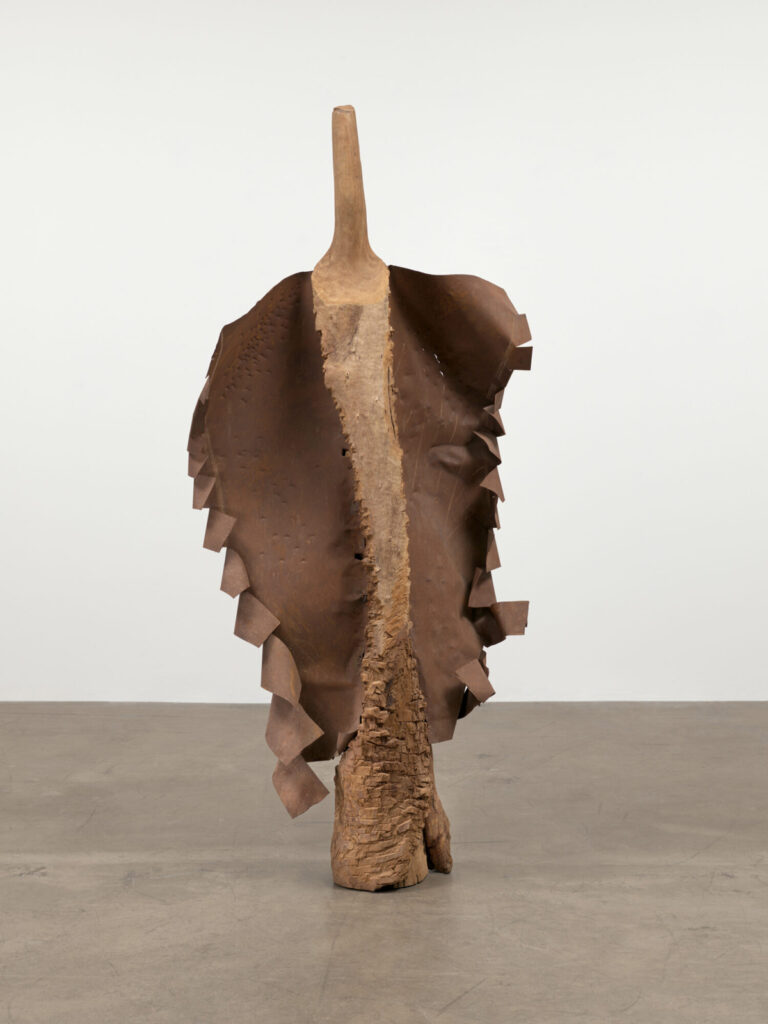
“Grace Wales Bonner has changed the way we see style—not only as surface but as structure,” said exhibition curator Michelle Kuo. “Every detail of her polymathic designs, publications, exhibitions, and films is related to long histories, deep archives, and cultural identities across the diasporic world. Like her exhibition, this book is a deeply personal meditation on and around modern Black expression—and it reflects Wales Bonner’s commitment to archival research as both a form of spirituality and an aesthetic practice.”
